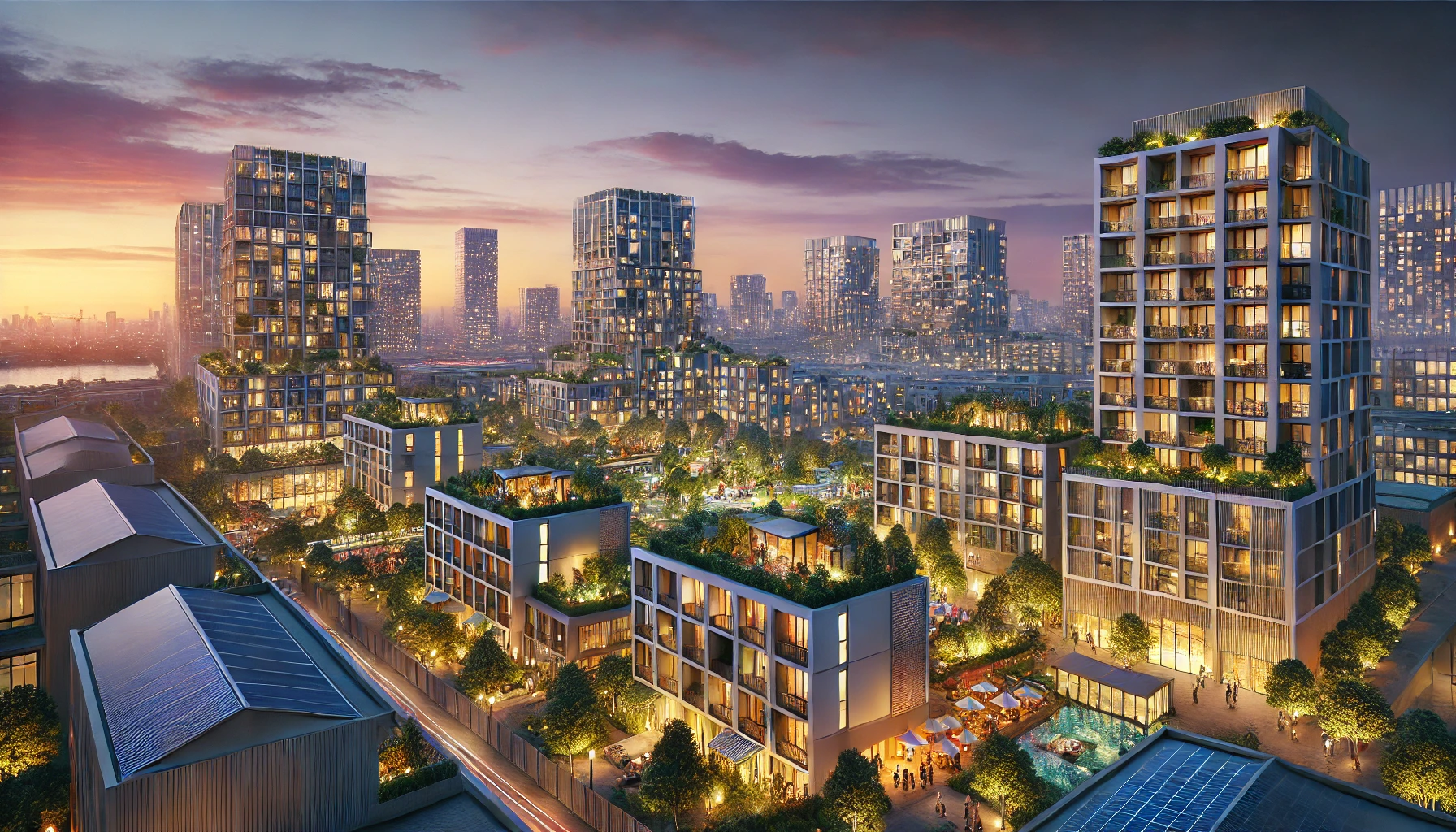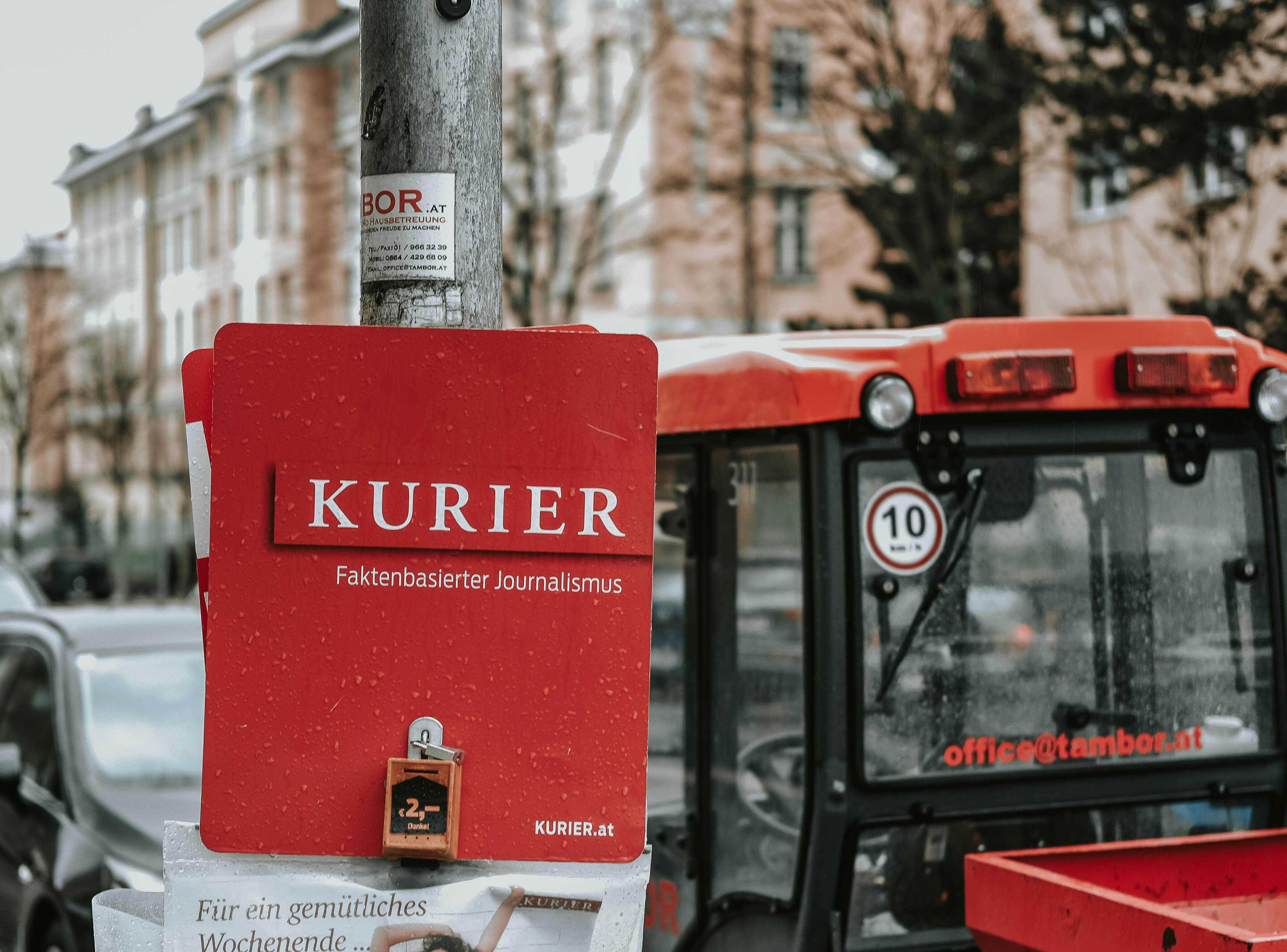In the recent past, the hospitality industry has undergone significant changes, driven by shifting consumer preferences, technological advancements, and economic fluctuations. Apart-hotels, or serviced apartments, have emerged as a popular alternative to traditional hotels, offering a unique blend of residential comfort and hotel-like amenities. As the demand for flexible and cost-effective accommodations grows, investors and operators are increasingly interested in understanding the profitability of apart-hotels compared to traditional hotels. Let’s dive in, comparing these two types of accommodations, focusing on operational efficiencies, guest satisfaction, revenue potential, and investment opportunities.
Operational efficiency
One of the primary factors contributing to the profitability of apart-hotels is their reduced operational cost compared to traditional hotels. This efficiency results from a streamlined operational model and focuses on providing essential services, such as housekeeping, maintenance, and basic guest support.
Apart-hotels typically require fewer staff members due to their limited service model. Housekeeping services are often provided weekly rather than daily, reducing labour costs. Additionally, automated check-in and check-out processes minimise the need for front desk staff, lowering operational expenses. Many apart-hotels leverage shared services, such as centralised customer service centres and automated systems, which help reduce the need for extensive staffing and administrative support. This approach contributes to cost savings and enhances operational efficiency.
Traditional hotels are known for offering a wide range of facilities, including multiple dining options, bars, gyms, spas, and conference rooms. These amenities require significant investment in staff and resources, driving up operational costs. Hotels often provide 24/7 services, such as room service, concierge assistance, and valet, necessitating a larger workforce and resulting in higher payroll expenses.
Value-driven amenities
The amenities offered by apart-hotels and hotels play a critical role in influencing guest experiences and operational costs. Apart-hotels are designed to provide cost-efficient amenities that appeal to guests seeking flexibility and convenience.
Serviced apartments typically have fully equipped kitchens in each unit, allowing guests to prepare their meals. This feature provides significant savings on dining expenses, particularly for long-term guests and families, and reduces the need for in-house dining facilities and staff.
In-unit laundry are also commonly provided in apart-hotels, offering guests the convenience of doing their laundry without incurring extra spending. This amenity reduces the need for external laundry services and associated expenses.
Traditional hotels often rely on in-house restaurants and room service to cater to guests’ dining needs. This dependency incurs additional costs for food preparation, service staff, and inventory management, which can significantly impact the overall operational budget.
Guests staying at traditional hotels typically pay additional fees for laundry services, adding to the overall cost of their stay. These services require dedicated staff and equipment, contributing to higher operational costs for the hotel in general.
Flexibility in space and duration
Apart-hotels offer greater flexibility in terms of space and duration, catering to the evolving needs of travelers seeking extended stays and spacious accommodations. They are specifically designed to accommodate long-term guests, offering discounted rates for extended bookings. This approach attracts business travelers, expatriates, and families seeking temporary housing solutions, ensuring a stable revenue stream.
Serviced apartments provide larger living spaces, often including separate bedrooms, living areas, and kitchen facilities. This setup offers better value for families, groups, or individuals needing extra space for work or leisure.
Traditional hotels are more suited to short-term visitors, with pricing models that reflect high turnover rates. While this model can be profitable in tourist-heavy areas, it may result in inconsistent occupancy rates and revenue fluctuations.
Hotel rooms are typically smaller and more standardized, with additional charges applied for larger suites or connecting rooms. This can limit the appeal of hotels to guests seeking spacious accommodations for longer stays.
Technology integration
The effective integration of technology is essential for optimizing operations and enhancing guest experiences in both apart-hotels and traditional hotels. However, apart-hotels often have an advantage in leveraging technology to achieve cost efficiencies.
Advanced reservation systems allow apart-hotels to manage bookings efficiently, reducing the need for extensive front desk staff and minimizing the risk of overbooking. This technology streamlines the check-in and check-out process, enhancing guest satisfaction. Self-service kiosks, mobile apps, and digital concierge services enable guests to access information and request services independently. This reduces the demand for on-site staff and improves operational efficiency.
Modern property management systems automate maintenance requests, housekeeping schedules, and inventory management, improving workflow and reducing downtime. These systems also provide valuable data analytics to optimize operations and enhance profitability.
Management and staffing
Effective management and staffing are crucial for the successful operation of any business model. But apart-hotels require a unique blend of hotel and residential property management skills to ensure a seamless guest experience. This includes managing on-site staff for reception, housekeeping, and maintenance while ensuring a homely experience for guests.
The limited service model of apart-hotels enables them to operate with fewer staff members, significantly reducing labour costs. This efficiency is achieved by using innovative technology and automating routine tasks.
Traditional hotels have a more defined management structure, with specialised departments for each aspect of guest services. This structure, while effective, contributes to higher staffing and operational costs. With extensive departments covering food and beverage, housekeeping, front desk, and guest services, hotels require a large workforce to maintain operations. This results in higher payroll expenses and increased operational overheads.
In conclusion, apart-hotels offer compelling profitability advantages over traditional hotels, particularly in terms of operational efficiencies, cost-effective amenities, and flexibility in space and duration.
Based on our current projects in development, we can confidently say that the apart-hotel financial model allows us to reduce fixed costs by 10-15% and staff costs by 20-25%.
These metrics, along with an understanding of global hospitality trends, are critical for investors, developers and operators looking to maximise profits and meet the needs of today’s travellers.



